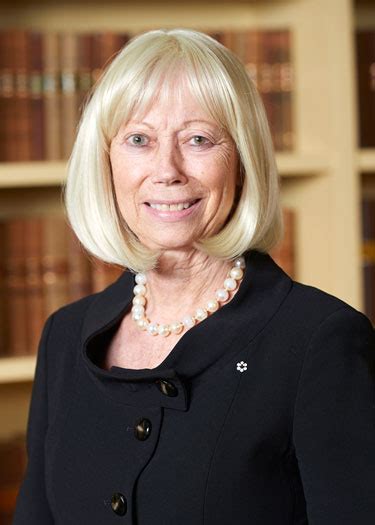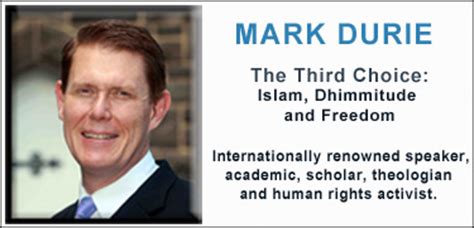A Quote by Constance Backhouse
I found Viola Desmond was the first woman whose case was taken up in the courts, and it wasn't that she tried to sue them for throwing her out of the theatre; it was that they took the law and used it to arrest her. That was really shocking to me. We had no laws in Canada actually requiring segregation, like they did in the United States. But here we had people using the law - the amusements tax act - to enforce segregation, and our courts allowed them to do that.
Related Quotes
[Before the Civil Rights Act of 1964], many governments in southern states forced people to segregate by race. Civil rights advocates fought to repeal these state laws, but failed. So they appealed to the federal government, which responded with the Civil Rights Act of 1964. But this federal law didn't simply repeal state laws compelling segregation. It also prohibited voluntary segregation. What had been mandatory became forbidden. Neither before nor after the Civil Rights Act were people free to make their own decisions about who they associated with.
The states have authority to interpret the Constitution, enforce it, and protect the people from violations of it by the federal government In the first place, there is not a syllable in the plan under consideration which directly empowers the national courts to construe the laws according to the spirit of the Constitution, or which gives them any greater latitude in this respect than may be claimed by the courts of every State.
In the United States we have all across this country, we have dozens of Halakha courts, in which particularly observant Jews can take these issues of family law to an orthodox Court and have that judge, judge for them. As long as the courts don't violate the laws of the land and as long as there's a room for appeal should one or two parties disagree with the verdict, I don't see how this would have anything to do with being incompatible with what we refer to as Western ideas of democracy.
I actually love...Well I love both of them [Paris Hilton or Britney Spears] but I really love Paris Hilton. I interviewed her once, she had a record coming out. She was DJing and promoting that. It was actually only a couple of years ago. She had her persona in tact when I was interviewing her and then after we broke she came for a cigarette with me and I just found it so... she's so intelligent and interesting and obviously is playing the game.
The doctor's wife wasn't a bad woman. She was sufficiently convinced of her own importance to believe that God actually did watch everything she did and listen to everything she said, and she was too taken up with rooting out the pride she was prone to feeling in her own holiness to notice any other failings she might have had. She was a do-gooder, which means that all the ill she did, she did without realizing it.
At that moment a very good thing was happening to her. Four good things had happened to her, in fact, since she came to Misselthwaite Manor. She had felt as if she had understood a robin and that he had understood her; she had run in the wind until her blood had grown warm; she had been healthily hungry for the first time in her life; and she had found out what it was to be sorry for someone.
As she had been walking from the ward to that room, she had felt such pure hatred that now she had no more rancor left in her heart. She had finally allowed her negative feelings to surface, feelings that had been repressed for years in her soul. She had actually FELT them, and they were no longer necessary, they could leave.
[Keeping kosher was] the symbol of an initiation, like the insignia of a secret brotherhood, that set her apart and gave her freedom and dignity. Every law whose yoke she accepted willingly seemed to add to her freedom: she herself had chosen . . . To enter that brotherhood. Her Judaism was no longer a stigma, a meaningless accident of birth from which she could escape . . . It had become a distinction, the essence of her self-hood, what she was, what she wanted to be, not merely what she happened to be.
Under Sharia law, If a woman has money, she can invest her money. The thing is, what we are concerned about is, in the public arena, there's a difference between a man and a woman. We would have complete segregation in the public arena, but other than that, if she wants to go to the market, if she wants to go to visit her relatives or for medicine or for education. There's a whole host of reasons why she would be out and about but, what we are saying is she not obliged to work. That is the job of the man.
“Simon,” she whispered, vaguely surprised that she had just used his first name, for she had never used it even in the privacy of her thoughts. Moistening her dry lips, she tried once more, and to her astonishment, she did it again. “Simon…” “Yes?” A new tension had entered his long, hard body, and at the same time, his hand moved over the shape of her skull in the softest caress possible. “Please… take me to my room.” Hunt tilted her head back gently and regarded her with a sudden faint smile playing on his lips. “Sweetheart, I would take you to Timbuktu if you asked.“

































